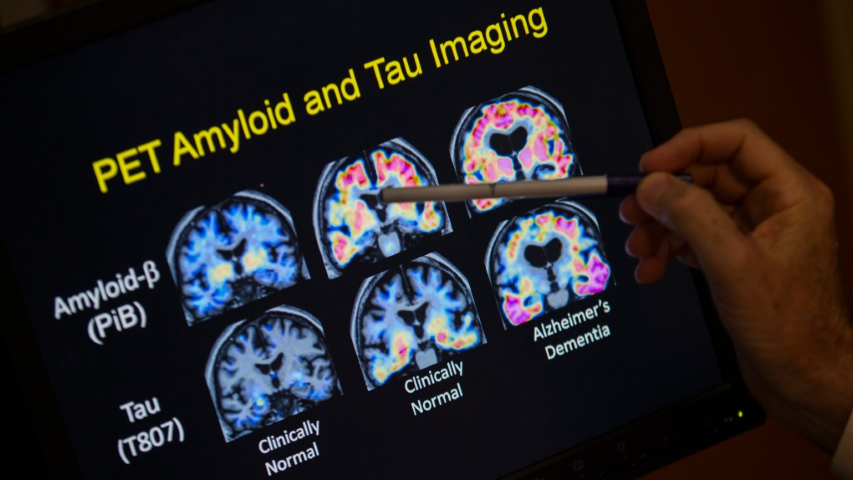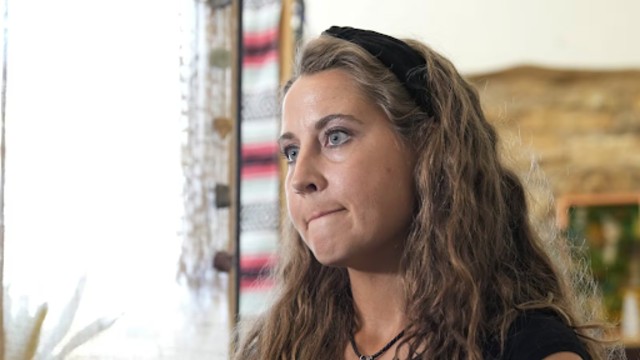
Fresh research indicates that the likelihood of developing dementia increases notably within the first year after surviving a stroke, according to sources. (Image credit: AP Photo/Evan Vucci, File)
In the quiet corridors of medical research, a revelation emerges, shrouded in the whispers of data and the solemnity of scientific inquiry. A study, painstakingly crafted from the annals of patient records, unveils a chilling truth: surviving a stroke may cast a long, shadowy veil over the mind, inviting the spectre of dementia to haunt its corridors.
Within the hallowed halls of the University of Toronto’s Institute for Clinical Evaluative Sciences, researchers embarked on a journey through the labyrinth of medical records, seeking insights hidden within the folds of time. Their quest led them to a cohort of over 180,000 souls who had traversed the treacherous terrain of stroke, emerging battered yet resilient. With meticulous precision, they sifted through the data, drawing comparisons against two control groups: the populace at large and those who had weathered the storm of a heart attack, but not the icy grip of stroke.
What they unearthed sent shivers down the spine: a stark reality where the risk of dementia loomed ominously over those who had braved the tempest of stroke. A risk amplified, standing at an imposing 80 percent higher than both the general populace and the heart-stricken brethren. Lead voyager in this odyssey, Raed Joundi, M.D., D.Phil., a beacon of knowledge at McMaster University, sounded the alarm, revealing that in the wake of stroke, the mind becomes a fragile vessel, susceptible to the ravages of dementia, its defences breached, its sanctity violated.
But the journey did not end there. Delving deeper, they uncovered harrowing truths: a fifth of stroke survivors, ensnared by the clutches of time, would succumb to the creeping tendrils of dementia within five and a half years. For those who bore the burden of intracerebral hemorrhage, the toll was even greater, the risk looming like a shadow over their every waking moment, haunting their steps with a dread certainty.
Yet, amidst the darkness, a glimmer of hope flickered. Time, that elusive healer, bore witness to a gradual waning of the ominous tide. Five years hence, the risk diminished, though still casting its long shadow over the horizon, a reminder of past trials endured. And so it continued, a gradual descent from the precipice, though the spectre of dementia lingered, a silent sentinel guarding the threshold of memory.
Joundi, a guardian of knowledge at the Population Health Research Institute, stood as a beacon amidst the gloom, urging vigilance in the face of cognitive decline. Her words echoed through the chambers of academia, a clarion call to arms against the encroaching darkness. Yet, amidst the clamour, questions lingered, whispers of uncertainty drifting through the air like phantoms in the night.
As the curtain falls on this tale of revelation, a beacon beckons on the horizon: the 2024 American Stroke Association’s International Stroke Conference. There, amidst the bustling streets of Phoenix, Arizona, scholars and sages will converge, their minds ablaze with the pursuit of knowledge, seeking solace in the collective wisdom of their brethren. For in the crucible of inquiry, amidst the crucible of discovery, lies the hope for a brighter tomorrow.















